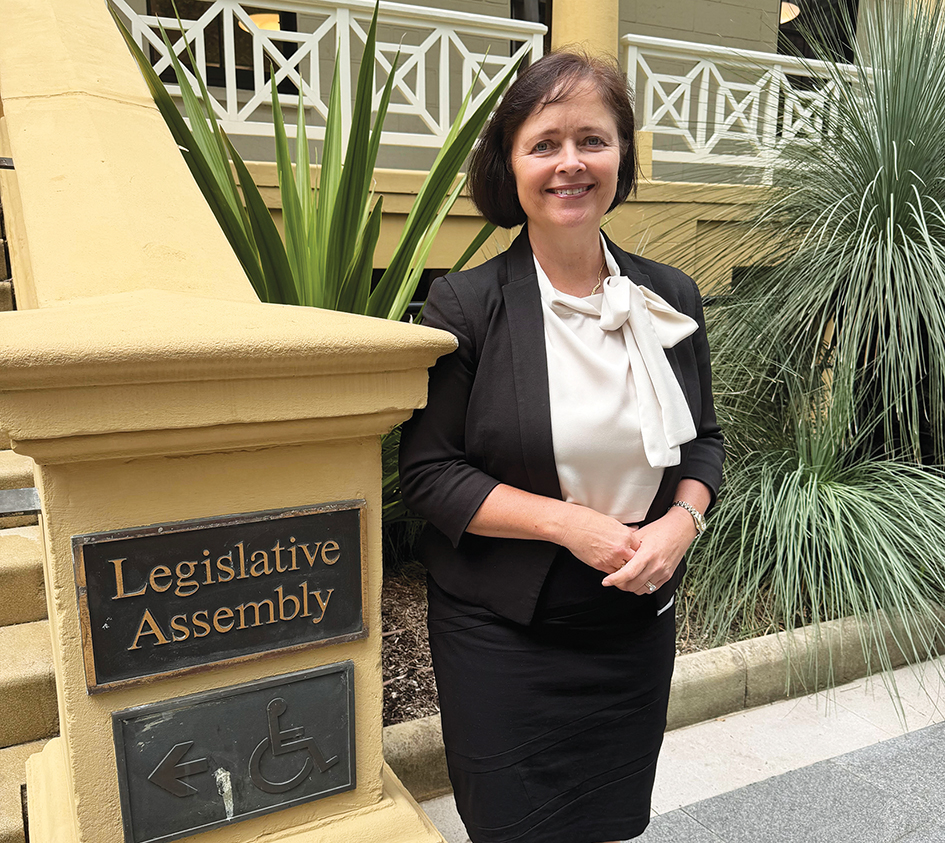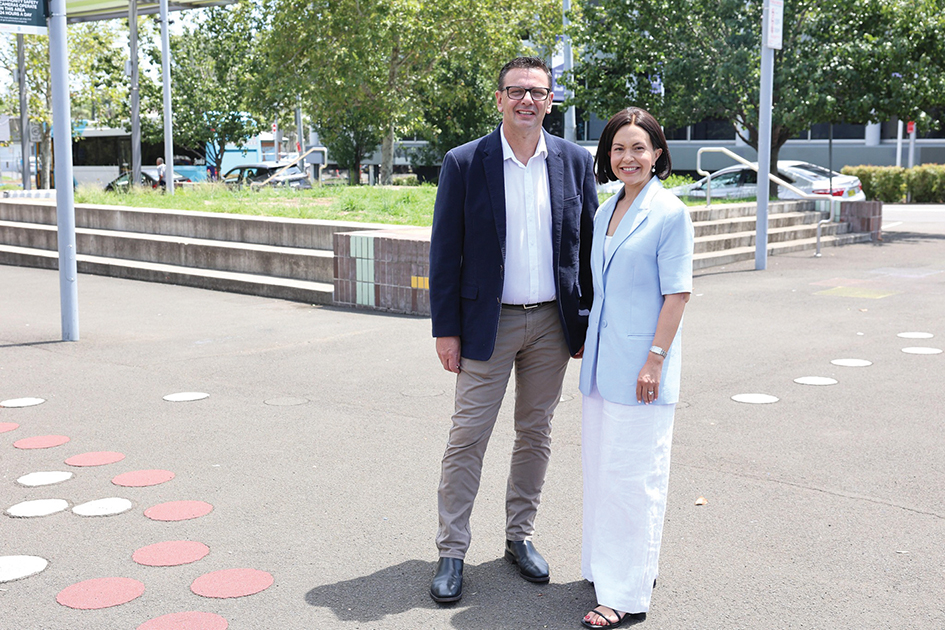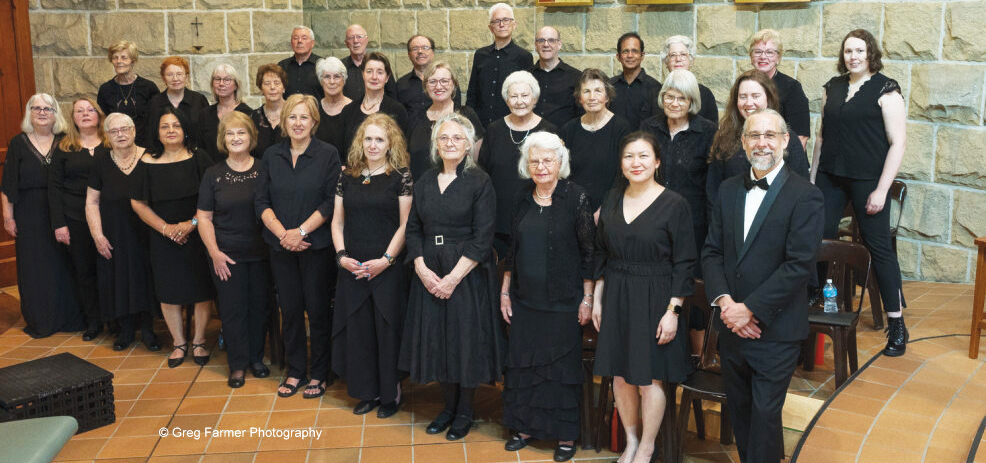Photo of grave from Find a Grave website.
AN inquest was held by District Coroner John King Lethbridge and a jury of seven in August 1896 on the death of Elizabeth Warden, wife of William Warden who met her death by falling into a well. William, who was employed at Gillespie’s flour mill in Sydney said he was an engineer living at Luddenham. His wife was 58 years old and born in Ireland in 1843 and the last time he saw her alive was when they went to Sydney on Wednesday where he generally worked at his profession. She left him early to come home by the 1.80pm train that day and at that time she was in her usual state of health which was delicate and she suffered from asthma. When he returned from Sydney he heard of her death. He said that she fretted about living here but he brought her up here on account of her health and he never heard her say anything of doing away with herself. They lived happily together and one of his daughters and a son continually resided at home. She was at times irritable when suffering from asthma but not bad tempered and she was of sober habits. The Jury then went to view the well about 100 yards from the house and on resuming the inquest Elizabeth Jane Warden said that she was their daughter but she lived in Sydney with her father but was staying with her mother for a few days and she last saw her alive on the Saturday morning about eight o’clock. She was sitting on her bed getting dressed and she made her a cup of tea and her mother said she would have it in the kitchen as it was warmer there. Her mother said she would go and help her sister milk, but she told her not to do it as it was too cold, but her mother said nothing. Later, missing her from the kitchen she went to the cow yard where her sister was milking and asked her if their mother had been there but her sister said no, so she then turned around to look and saw her mother fall into the well. She said that her mother was suffering from asthma the night before and smoked some Himrod’s cure that used to make her cough but she never had any idea her mother would ever do away with herself and she never said anything to that effect. In the night her sister gave her a drink of water and her mother said it tasted horrible and asked if the water in the well would be better and she thought she went down for the purpose of seeing the water in the well. She could not say whether her mother fell off the plank as she was a long way off and she did not hear her call out or scream when she fell. She said she ran down to the well and her sister followed and they saw their mother hanging onto the pipe of the pump, so she went along the plank that spans the hole and fell into the water and held onto the plank with one hand and dragged herself along until she reached her mother. She put her arm around her and lifted her up and her sister got hold of one hand and held her there while she got herself out and took her skirt off and went back into the water and pulled her mother out with her sister’s help, and while getting her mother out she asked her to help herself more but her mother said she couldn’t as the water was cold. When they got her out they tried to make her stand up but she was not able to and she fell down saying, “poor Susie.” She told her sister to run home for a knife to cut her clothes off as they were wet and heavy, they got part of her clothes off and carried her through the fence. After her mother fell down at the well she never moved or spoke again. She sent her sister for the ladder thinking they could carry her on it and just then George Eaton the baker called and he assisted her mother into the house where they made a fire in the room and put her mother into bed and rolled her in blankets and put a hot water bottle at her feet, but she showed no signs of life after that. Dr Shand of Penrith was immediately sent for but she didn’t know what was done afterwards as she was completely upset. She said that when her mother called out “Poor Susie” she meant her youngest sister who was fifteen when she was dragged out of the water and she appeared to have a sharper attack of asthma. She said her mother was not bad tempered and suffered a good deal from asthma. William Warden recalled to the stand said that when he said that his wife was irritable he meant she had difficulty in breathing during a severe attack of asthma, also the well had not been used since last winter. Allan Warden said he was a farmer residing at Luddenham and was the son, but he was not at home when his mother fell into the water. He said that he left about 7.80am that morning but just before he went he asked his mother how she was feeling and she replied that she felt a little better. About a week ago they all noticed that the water in the house tank was not fit to drink on account of it coming off the shingle roof and had been too long in the tank. His mother asked him if the water in the well would be better to drink but he told her it was a good taste but a bad colour. She said she would go down and see for herself if the water would discolour the tea and she said to him she was sure the water in that well would be better and she was ashamed to offer the tea made from the tank as they had visitors coming. He said that he never knew his mother to be of a despondent nature and they were all on friendly terms. George Eaton said that he was a baker residing at Luddenham and knew the deceased and about a quarter to nine he came there on his cart when Miss Warden ran through the house and called out that her mother had fallen in the well and was nearly dead, he ran down and her mother was lying on the ground on the house side of the fence, and along with Miss Warden they immediately caught hold of her and carried her up and put her to bed. He said he warmed a blanket by the fire and wrapped her in it and rubbed her arms and chest but she showed no symptoms of life from the time he saw her. Dr John Cappie Shand said he was a qualified medical practitioner residing at Penrith and was called to see the deceased. The family appeared to be very upset and he did not obtain any information from them as to how the deceased met her death. He said that her chest appeared to be severely expanded as if she had been making violent efforts for her breath and his opinion from the evidence was that she died from shock to the nervous system as an asthmatic person, due to submersion in cold water and her death was caused through the shock and not the drowning. After a short retirement the jury returned the verdict that Elizabeth Warden died from a shock to the nervous system owing to an accidental submersion in cold water and they wished to add that great credit due to George Eaton for his prompt assistance at the time. Elizabeth was buried at St Thomas’s Churchyard at Mulgoa and William died aged 81 years.
Sources: Nepean Times, Ancestry






